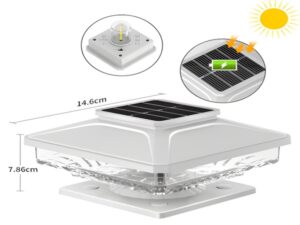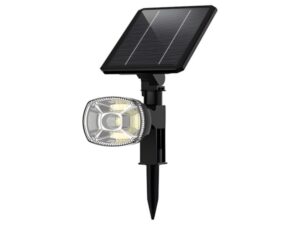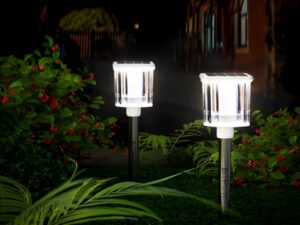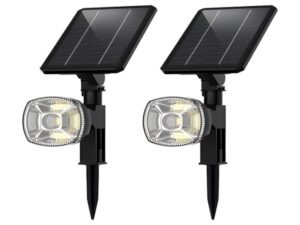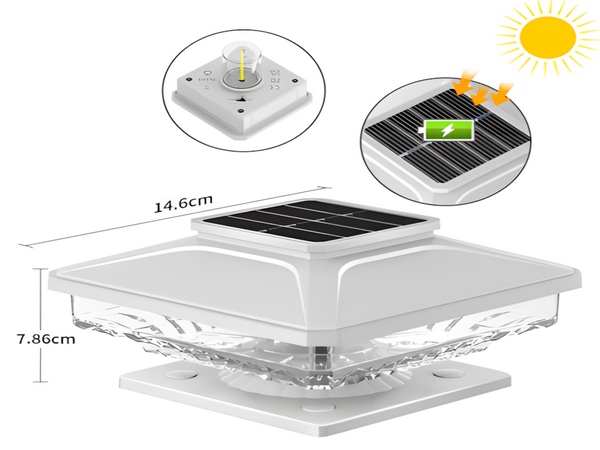
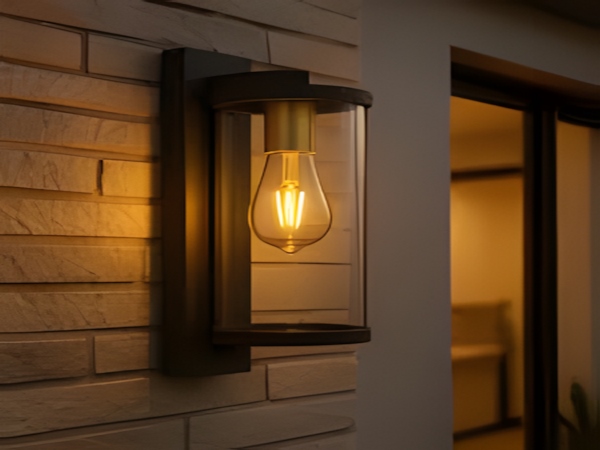
Manufacturers of solar LED street lights have excellent heat dissipation performance, with a low thermal resistance structural design and good heat dissipation design, ensuring temperatures do not exceed 75°C. This guarantees the luminous efficiency and lifespan of the LED light source. In the optical system of the lamp, the light flux loss of the LED light source differs from traditional light sources, as I.E1 is a half-space emitting source.

High-pressure sodium lights or metal halide lights are full-space emitting sources, directing light toward the opposite half space. When relying on reflectors, the absorption of light by the reflector and the blockage by the light source itself are unavoidable. However, as a light source, there are no such losses, and the light utilization of LEDs is higher than that of traditional sources. The size of the light-emitting chip is very small, allowing it to effectively be treated as a point light source during lamp design. Calculating based on the point light source flux distribution model is relatively simple.
The structure is sturdy: Solar panel components are sealed with flat glass and polymer materials, some even directly encapsulated with polymer. The entire system has no moving parts. LEDs are solid light sources encapsulated with organic polymer materials, which do not contain fragile components like glass bulbs or filaments, making them fully solid. Therefore, they can withstand vibration and impact, ensuring structural integrity.
Direct current supply: The battery voltage of solar street lights is between 0.5 to 1.2V. By using series and parallel configurations, various DC power supplies can be obtained, while the LED driver also uses a DC power source, with a single tube voltage typically ranging from 0.8 to 3.8V. This compatibility negates the need for an inverter, which is essential for other illumination sources in renewable energy lighting systems. This not only enhances energy utilization but also saves costs and improves system reliability, making components less prone to issues.
